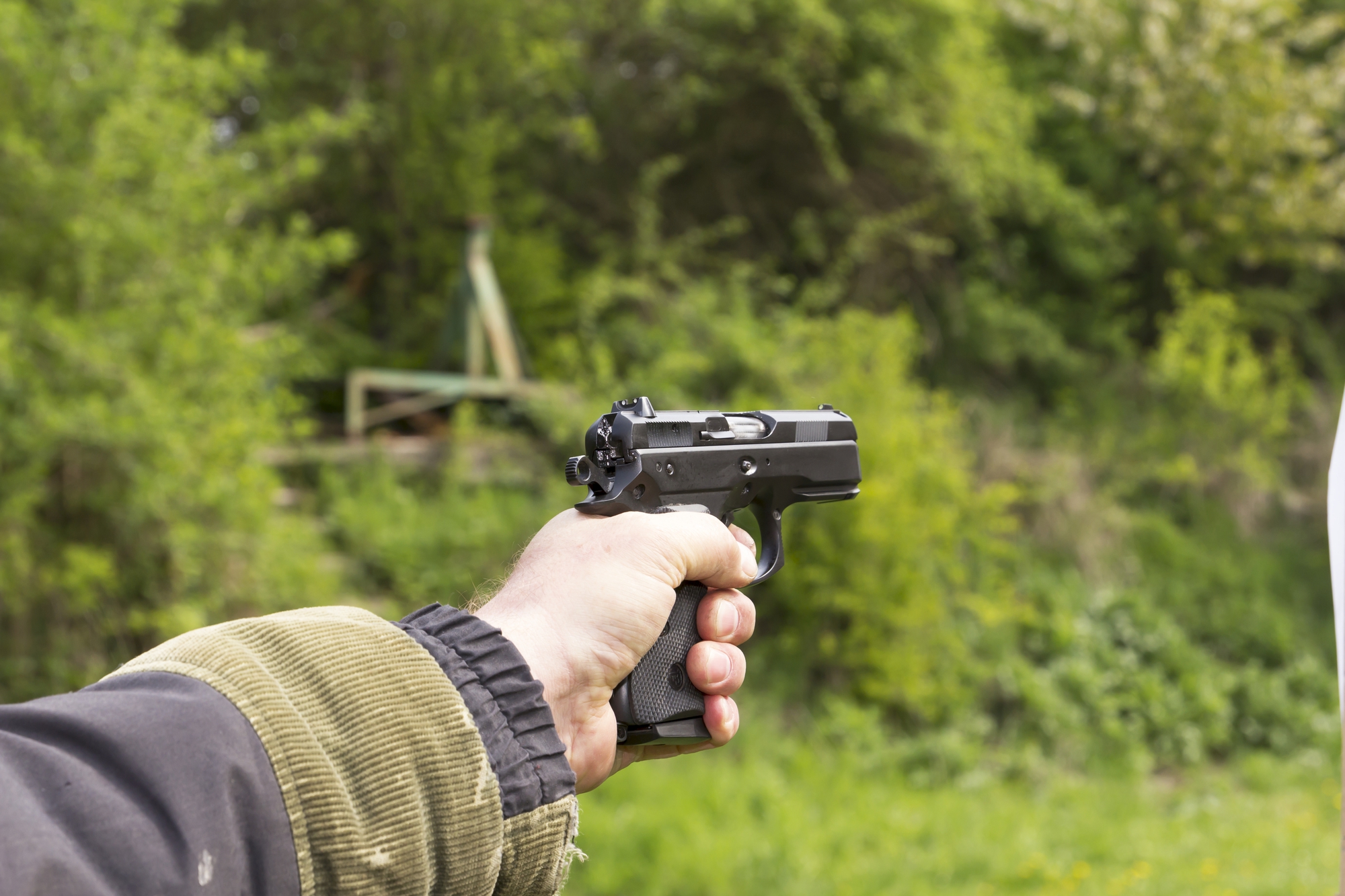Being pulled over by a police officer for suspicion of DUI can be a frightening experience. You may have had just a couple of beers at dinner, and now you are standing on the side of the road taking a field sobriety test.
If you take a breathalyzer, are you going to fail it? How long does alcohol remain on your breath?
Driving Above The Legal Limit In Texas
Under Texas law, it is illegal to operate a motor vehicle while intoxicated. If your BAC (blood alcohol level) is .08 or higher, you are presumed to be driving while intoxicated (DWI). Commercial drivers are presumed to be driving while intoxicated with a BAC of .02 or higher.
Texas Is An Implied Consent State
The implied consent law in Texas means that all drivers consent to a breath test if they are behind the wheel of a motor vehicle. However, you can refuse a breath test, but there are consequences.
Your driver’s license is automatically suspended if you refuse a breathalyzer test. Law enforcement officers can request a warrant that allows them to obtain a breath sample or blood test even if you do not voluntarily consent.
How Long Can Alcohol Remain On Your Breath?
When a police officer pulls you over, the officer watches you for signs that you are intoxicated.
They might look for:
- Slurred speech
- Flushed or red skin
- Talking loudly
- Lack of coordination
- Bloodshot or glassy eyes
- The smell of alcohol on your breath
The smell of alcohol is often used as one of the reasons to administer field sobriety tests and breathalyzers. When ethanol is vaporized into a gas in your lungs, it can be detected by a breathalyzer. The alcohol can remain on your breath for 12 to 24 hours after you consume your last alcoholic beverage.
Therefore, the breathalyzer could potentially show a reading up to 24 hours after you took your last drink. The BAC reading depends on home much you had to drink and other factors.
Alcohol metabolizes or breaks down the same way for everyone. However, other factors impact how long it takes the alcohol to leave your system. The amount of alcohol and the type of alcohol you consumed are factors. Your gender, age, weight, medications, and metabolism all impact how quickly your body gets rid of the alcohol through your urine, sweat, or breath.
If the police were to obtain a warrant to take a blood or urine sample, the alcohol could be detected up to 24 hours in your urine and six hours in your blood.
Penalties For Dui Convictions Can Be Severe
The criminal penalties for a DUI conviction may include:
- Suspension of your driver’s license
- Driver’s license renewal fees
- Fines
- Jail time
- Insurance penalties
- Installation of an ignition interlock device
- Difficult maintaining professional licenses
The fine and the jail time for a DUI conviction depend on the charges, prior DUI convictions, and any aggravating circumstances. However, even a first-time DUI carries stiff penalties.
You could serve up to 180 days in jail, pay a fine of up to $2,000, and lose your license for a year for a first-time conviction. Before you agree to a plea deal, talk with a lawyer.
A DUI arrest is not a conviction. There could be several defenses that could result in a dismissal of the charges or a lighter sentence. The police and the prosecutor are already convinced you are guilty. You need someone on your side who has your best interests in mind to advise you.
What Should You Do If You Are Pulled Over For Dui In Texas?
Try to remain calm if you see blue lights behind your vehicle. Pull your car over to a safe location and wait for the officer to approach your window. Keep your hands visible, preferably on the steering wheel.
The officer may ask you for your driver’s license and proof of insurance. It is always a good idea to keep those items within each reach when driving to avoid fumbling for them, which can make you appear intoxicated.
You are not required to answer questions about where you have been or what you have been doing. It is best to remain silent. If the officer believes you are drunk, he is likely to go ahead and arrest you with or without the field sobriety tests or a breathalyzer test.
If you are arrested, remain silent except for asking to speak with an attorney. The sooner you talk to a DUI lawyer, the better. An attorney can advise you of your legal rights and advise you about what you should do next to try to avoid a DUI conviction.
To learn more, call our criminal defense law firm at 972-525-4963 or visit our contact us page to send us an email.
 Call Us Now
Call Us Now Email Us Now
Email Us Now

